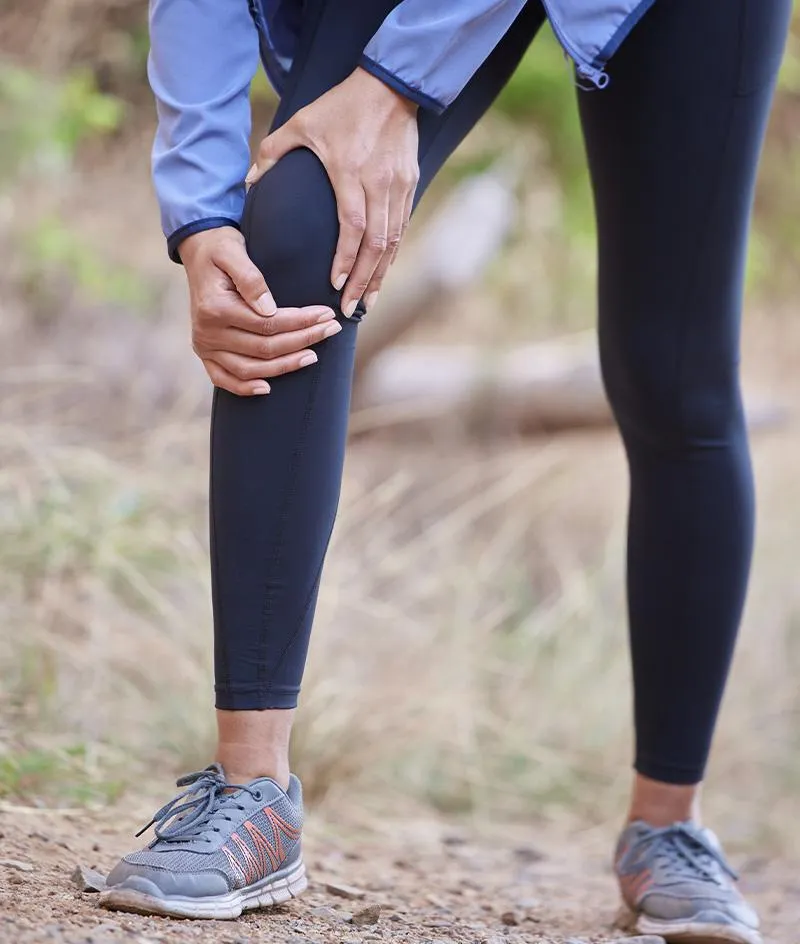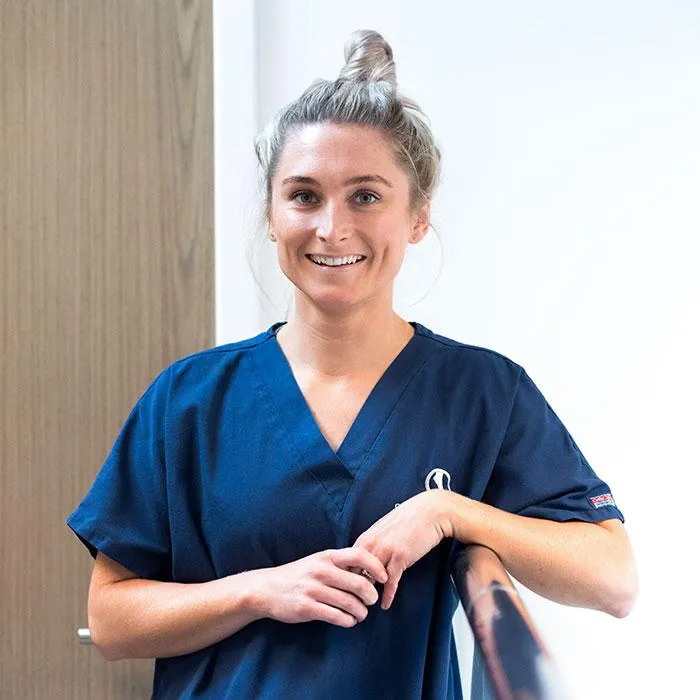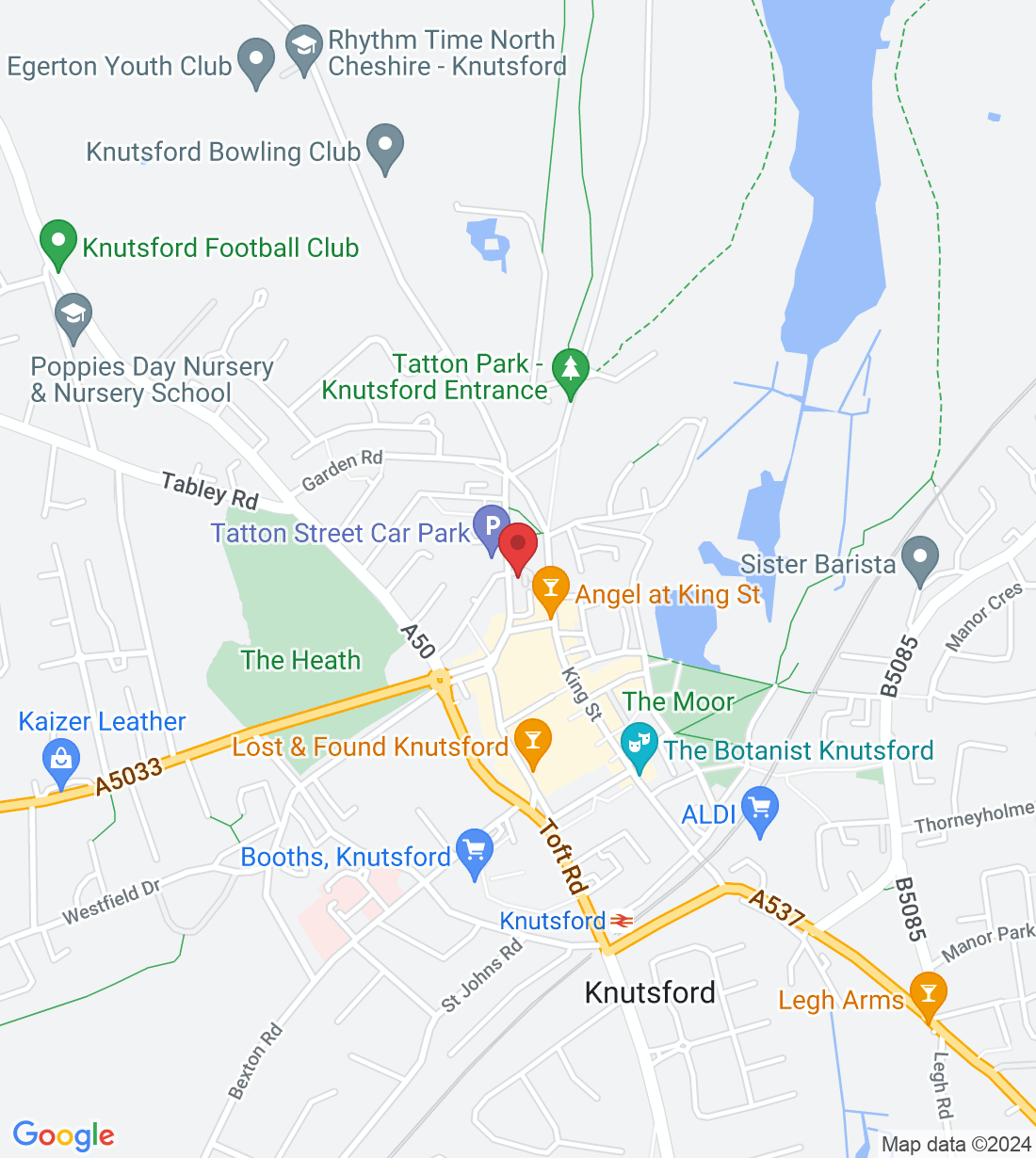
Treatment of Common Running Injuries of the Lower Limb



Understanding Running Injuries of the Lower Limb
Running-related injuries to the lower limb often stem from overuse, a result of pushing the body beyond its limits in terms of frequency, duration, or intensity. Recognizing the various types of injuries and their underlying causes is crucial for effective treatment and prevention.
1. Common Causes: Training Errors and Overestimation
Training errors, particularly overestimating one's baseline fitness level, are common culprits behind chronic overuse injuries. Athletes, especially when starting a new training regimen, may unknowingly subject their musculoskeletal system to excessive strain, leading to injuries.
2. Prevalent Injuries: Muscle Strains and Shin Splints
Muscle strains and exercise-induced leg pain, such as Shin Splints, often manifest at this stage. Muscle strains result from fatigue and metabolite accumulation during vigorous exercise, leading to pain and tightness in the affected muscle group.
3. Specific Injuries and Symptoms
In this section, we delve into the distinctive realm of running-related injuries, exploring the nuances of various conditions and their telltale symptoms. From hamstring tears to stress fractures, gain insights into the specific injuries that often afflict the lower limbs of runners, understanding the unique challenges each presents on the journey to recovery and prevention.
Hamstring Tears: Occurring along the muscle's length, hamstring tears cause tightness, swelling, bruising, and pain.
Patellofemoral Pain Syndrome: Common among adolescents and young individuals, it involves pain around the kneecap, exacerbated by activities like descending stairs.
Achilles Tendonitis: Frequent in middle and long-distance runners, it may be caused by training errors, anatomical abnormalities, or improper footwear, leading to stress on the tendon.
Ankle Sprains: Common in sports and daily life, these occur when the ankle is twisted, causing ligament damage, bruising, swelling, and tenderness.
Plantar Fasciitis: Often affecting older runners, it results from overuse, causing stress on the bottom foot muscles and leading to conditions like "policeman's heel."
Thigh Muscle Injuries: Adductor Longus and Quadriceps are susceptible to tears, especially following lunging or repeated sprinting.
Stress Fractures: Common in the tibia and fibula, they occur due to repeated forces on the bone or muscle fatigue, leading to pain and swelling.
Iliotibial Band Syndrome: An overuse injury affecting marathon runners and cyclists, causing pain on the outside of the knee joint.
Popliteus Tendonitis: Seen in downhill runners and those with excessive pronation, presenting as pain and tenderness on the outside and back of the knee.
4. Preventing Recurrent Injuries: A Holistic Approach
Athletes can mitigate the risk of recurrent injuries by adopting a holistic approach to their training regimen. This includes participating in multiple sports, incorporating flexibility, strength, and endurance training, scheduling weekly rest days, considering training-intensive seasons, utilising various training techniques, and gradually increasing training time and distance.

For those facing injuries or seeking guidance on their training, consulting with podiatrists is advisable. By getting in touch, you can start a conversation with our podiatrists, who can offer insights, recommendations, and personalised strategies for injury management and prevention.
Kay Johnson-Lloyd
Kay Johnson-Lloyd
Cheshire Foot Clinic
Got a Question?
For assistance or advice with your booking, feel free to call us at 01565 655840 or get in touch with our team. Engage in a chat about any questions or concerns that you may have with our experienced team.
8 Reasons To Choose Cheshire Foot Clinic
Professional, Friendly, and Knowledgeable: Our patients say that our dedicated team is professional, friendly, and knowledgeable. They are experts in their field and in creating an environment where you feel comfortable discussing your foot care needs.
Individual Treatment Plans: We understand that each person is unique, and so are their feet. That's why at Cheshire Foot Clinic, we tailor treatment plans to address your specific concerns. Whether you're dealing with a common issue or a rare condition, our personalised approach ensures you receive the care that suits your individual needs.
A Wide Range of Foot Care Services: Cheshire Foot Clinic offers a comprehensive foot care service to cater to diverse needs. From routine check-ups to advanced treatments, our clinic is well-equipped to handle most foot conditions. Whether you need preventive care or specialised interventions, we've got you covered.
Collectively Over 50 Years of Experience: Benefit from the wealth of experience our team brings to the table. With well over 50 years of combined expertise, Cheshire Foot Clinic guarantees professionals who have encountered and successfully addressed a wide spectrum of foot-related issues. Trust us to provide effective solutions based on our extensive knowledge and hands-on experience.
Full Assessment of All Our Patients: Every patient at Cheshire Foot Clinic undergoes a thorough and comprehensive assessment. We believe in leaving no stone unturned when it comes to understanding your foot health. This meticulous approach ensures that we identify underlying issues, enabling us to devise the most suitable treatment plans for optimal results.
Members of the Royal College of Podiatrists and HCPC Registered: Our commitment to excellence is reflected in our affiliation with the Royal College of Podiatrists. We are dedicated to upholding the highest standards of patient care.
Fully Equipped Treatment Rooms and Disabled Access: Cheshire Foot Clinic prioritises accessibility and comfort. Our fully equipped treatment rooms are designed to provide a seamless and efficient experience for our patients. We also ensure disabled access, ensuring that everyone, regardless of mobility challenges, can benefit from our exceptional foot care services.
Exceptional Patient-Centric Care: Our commitment to providing exceptional patient-centric care goes beyond professional expertise. The high recommendations from our patients stem from the genuine care and attention we invest in each individual.

From Consultation to Treatment
What to Expect at Your First Podiatry Visit
We're excited to see you at your appointment! We want to make sure you feel comfortable and well-informed, so don't hesitate to ask us any questions about our treatments, our clinic, or even our payment options. Our goal is to help you get back to living your life free of pain, so let's work together to make that happen!
Discuss your foot health goals
Complete foot examination
Discover your options
Start a custom treatment plan


Have Questions? One of Our Team Will Call You FREE of Charge

Fill in the form to request a Call From Our Team.
One of our team members will call you FREE of charge and answer any questions or concerns that you may have.
Where To Find Cheshire Foot Clinic

Cheshire Foot Clinic, 21A Tatton Street, Knutsford, WA16 6AE
There is a large car park opposite with designated disabled spaces closest to the clinic



